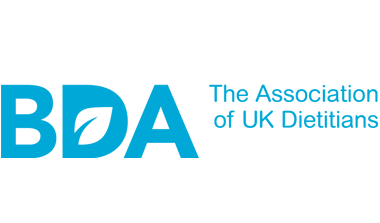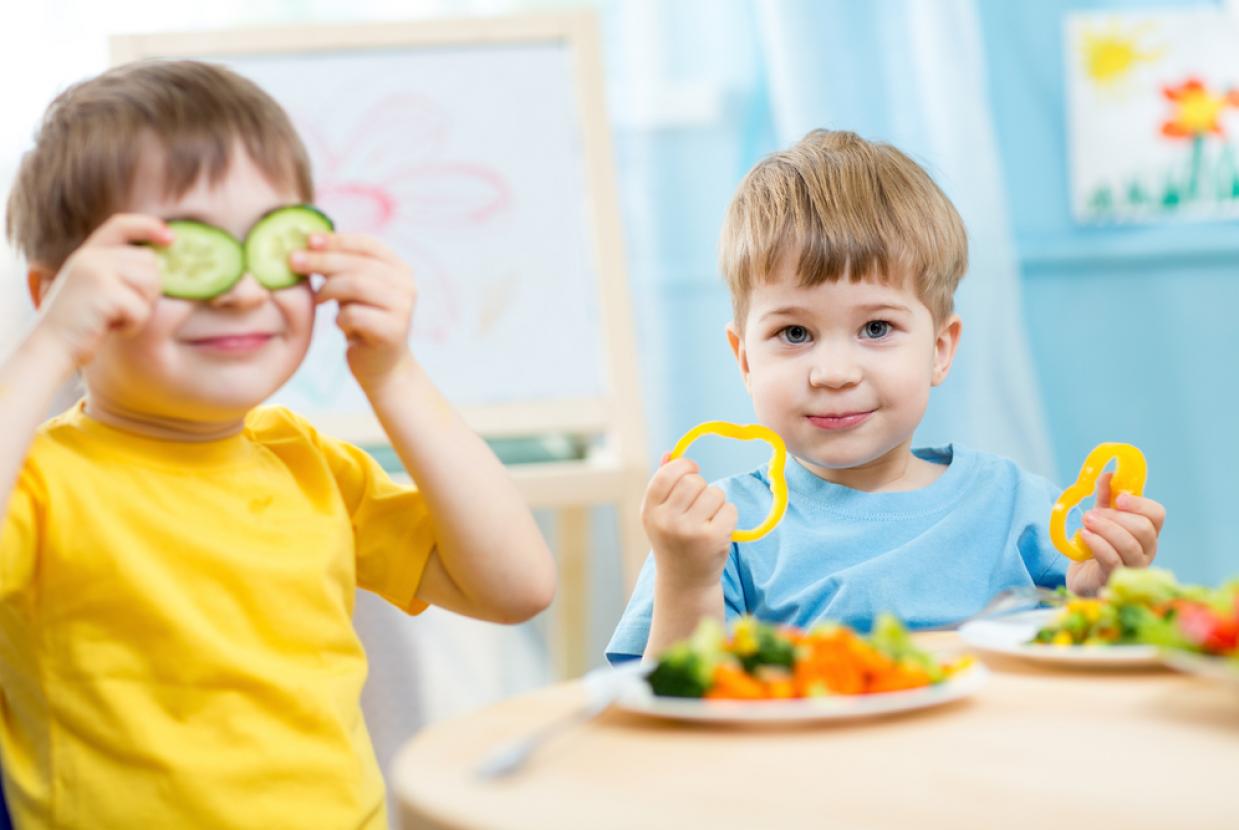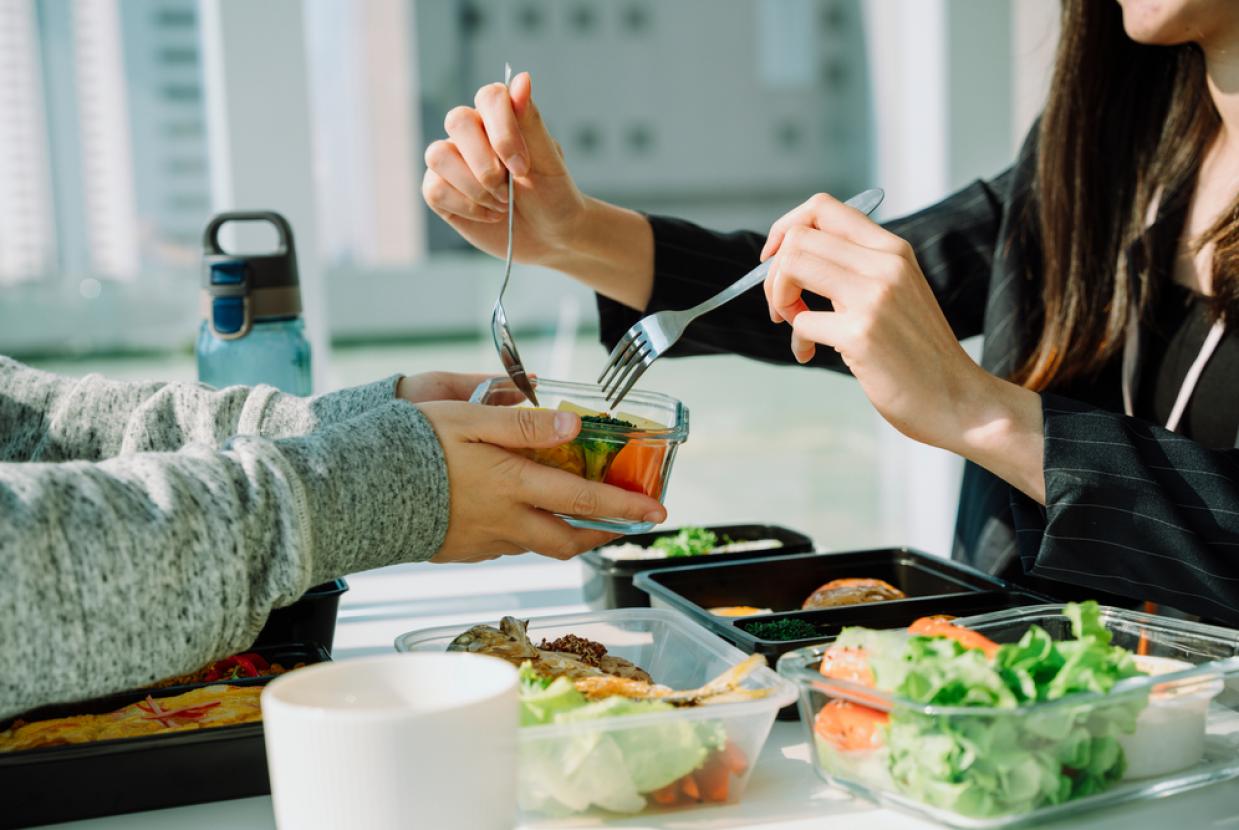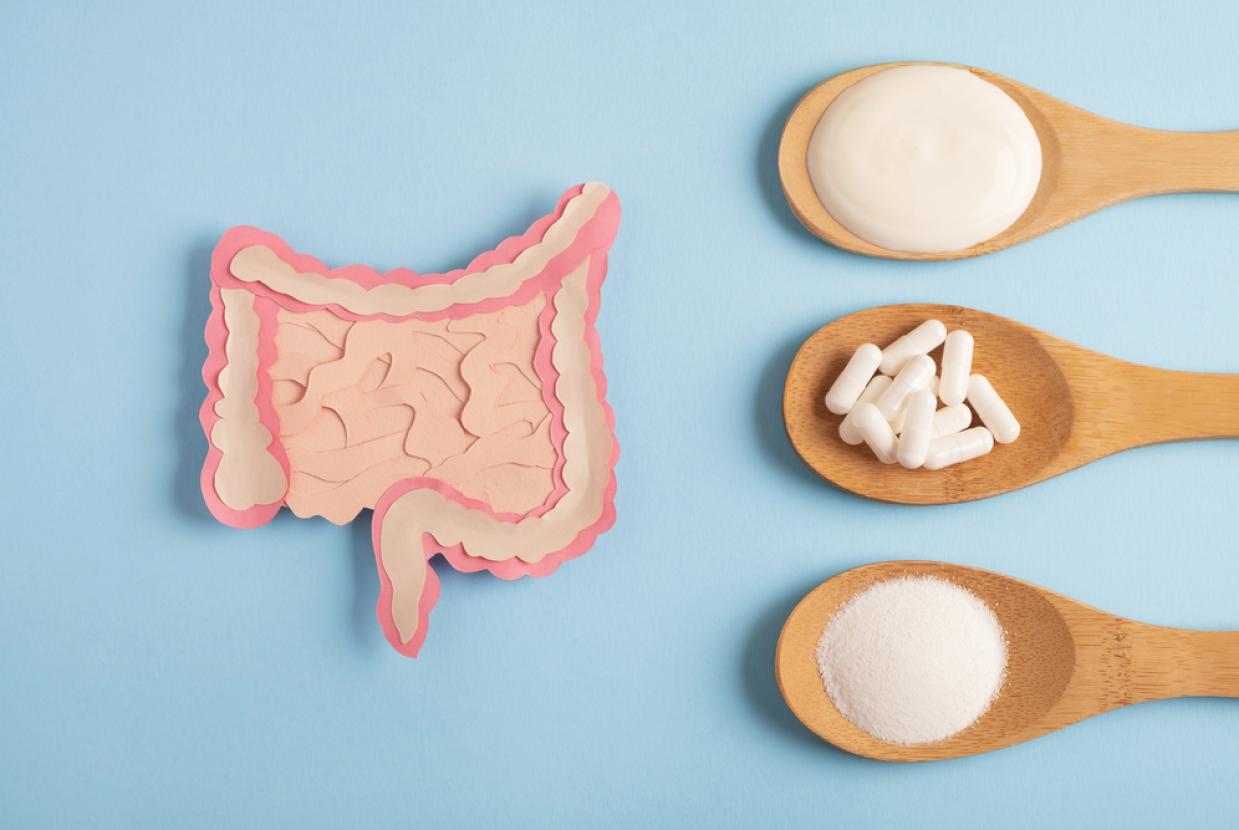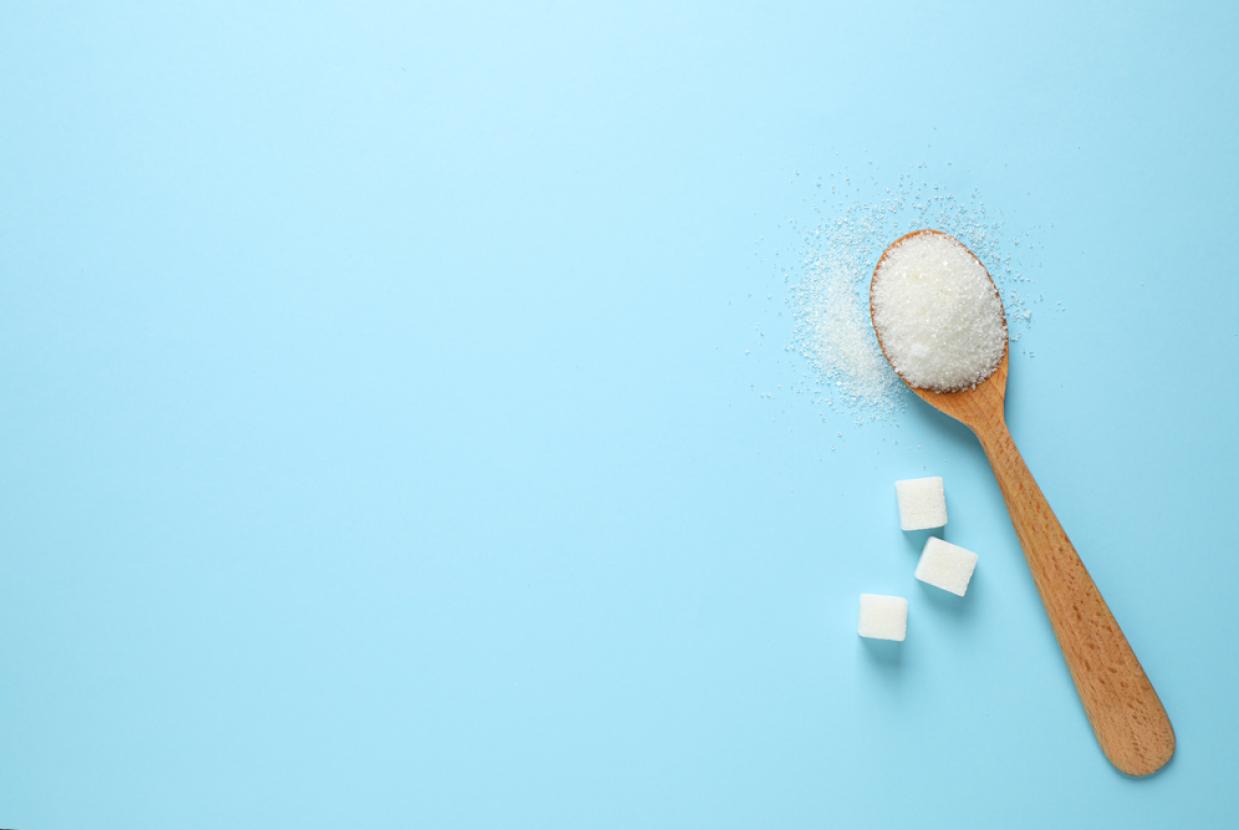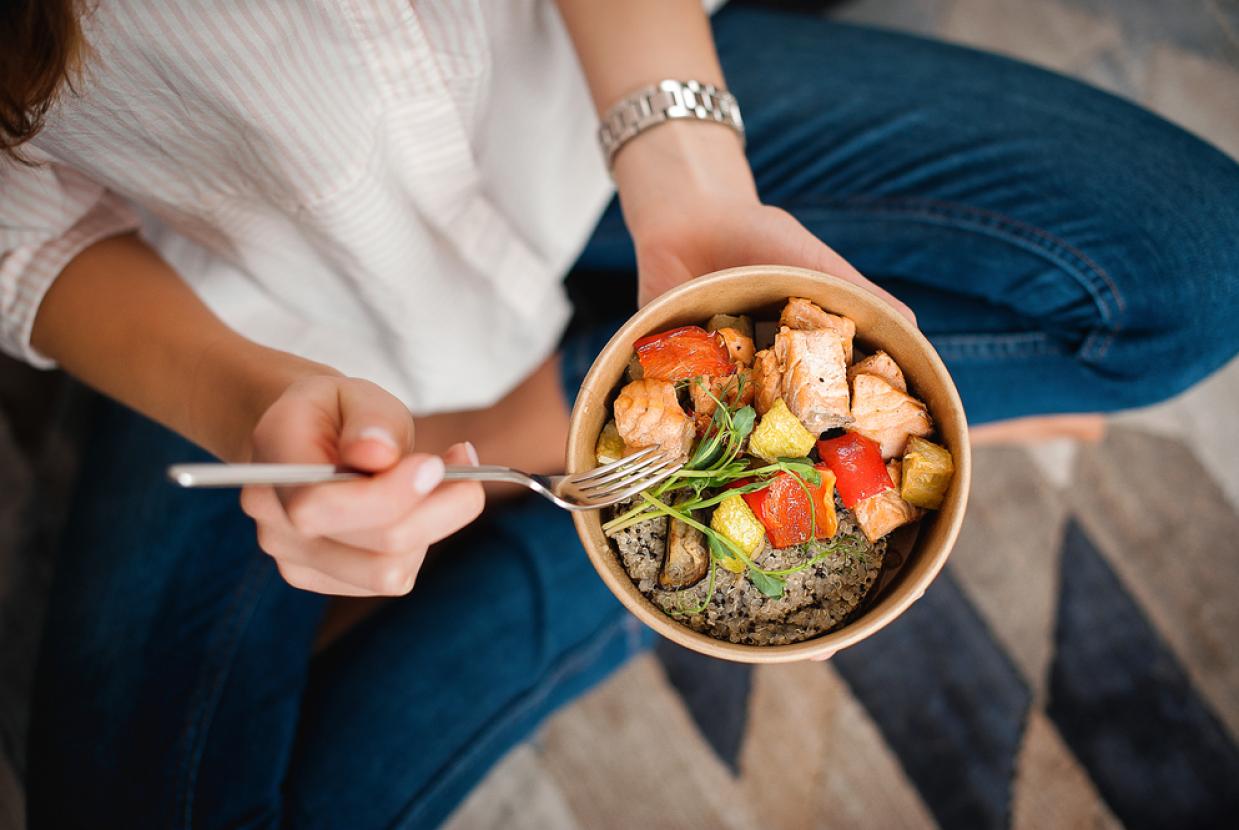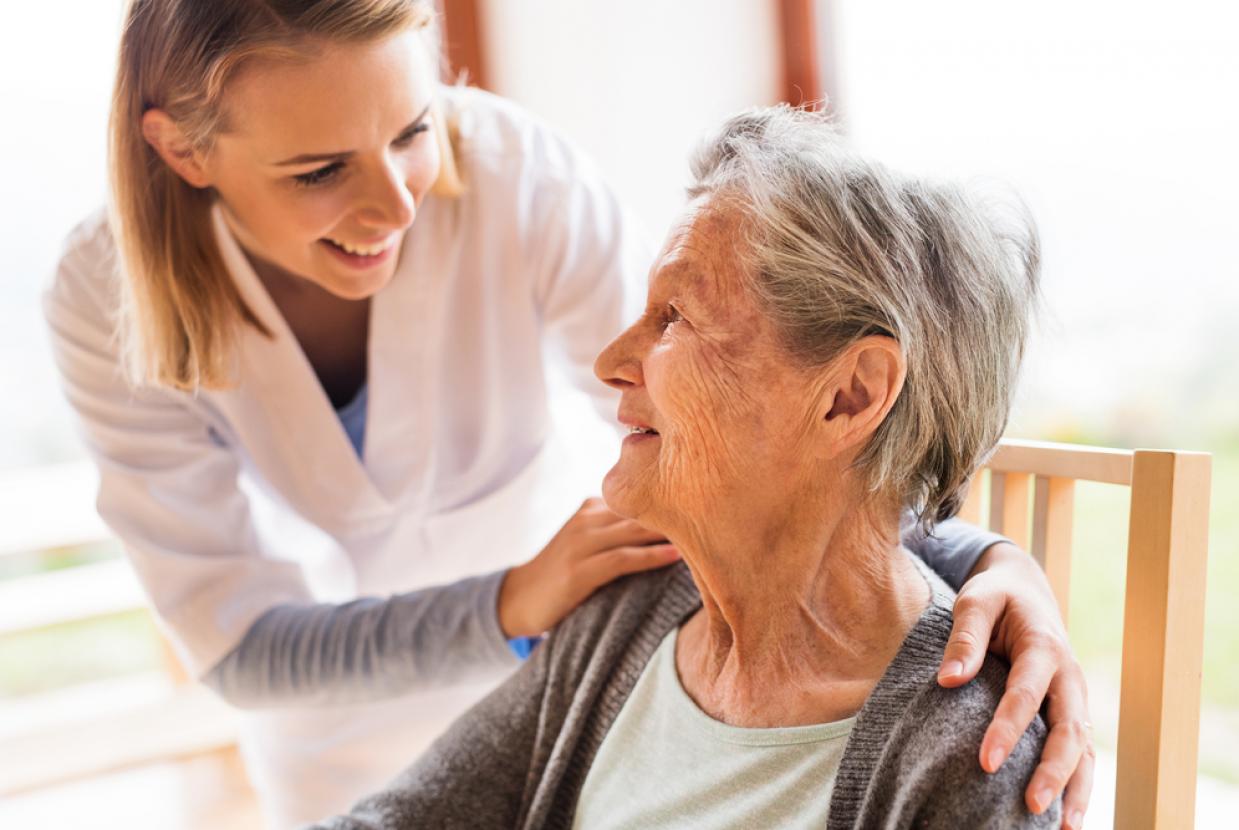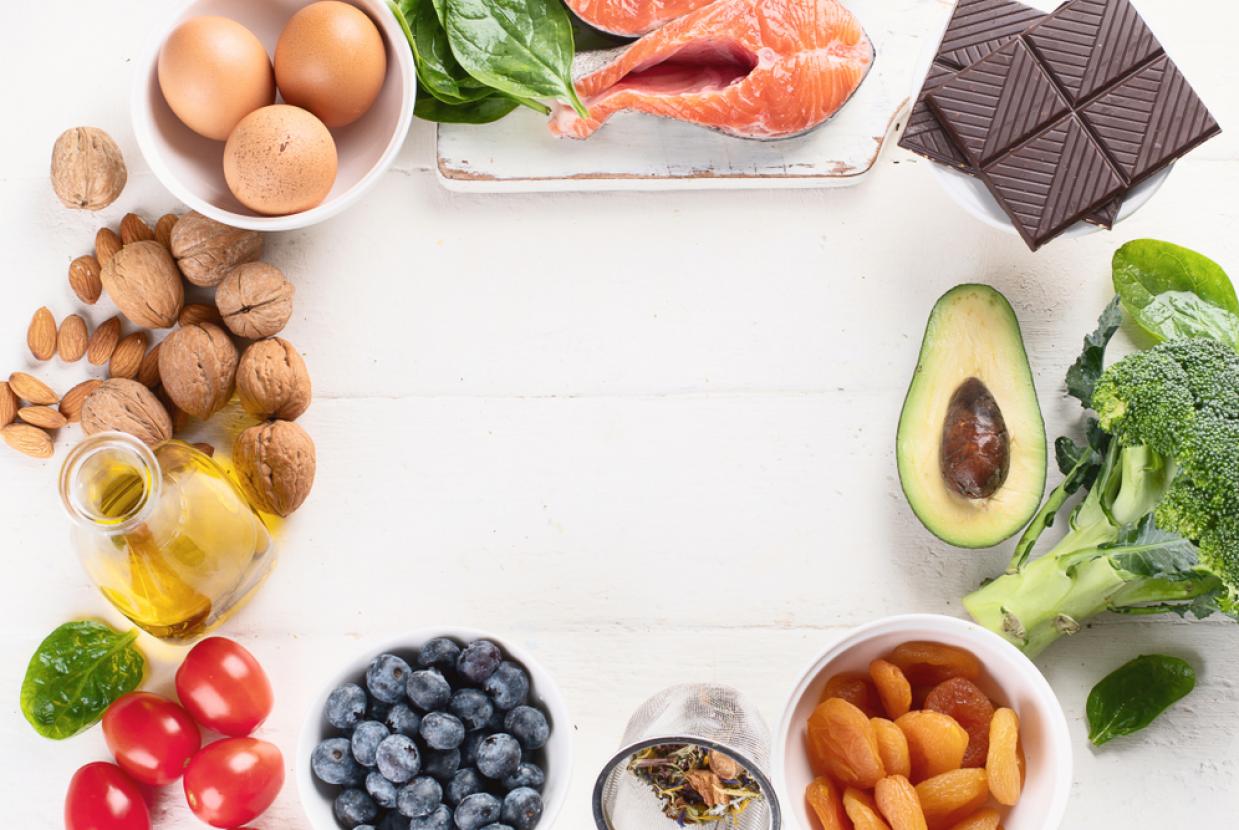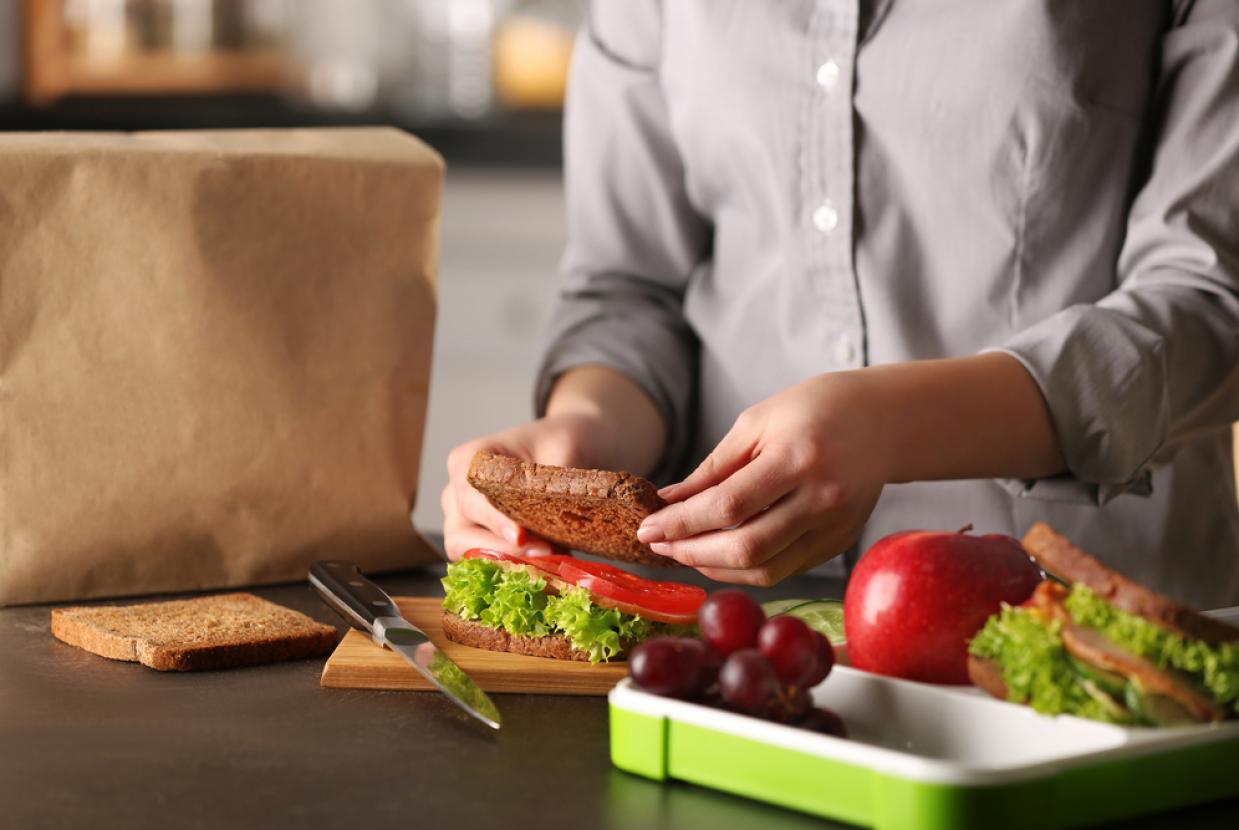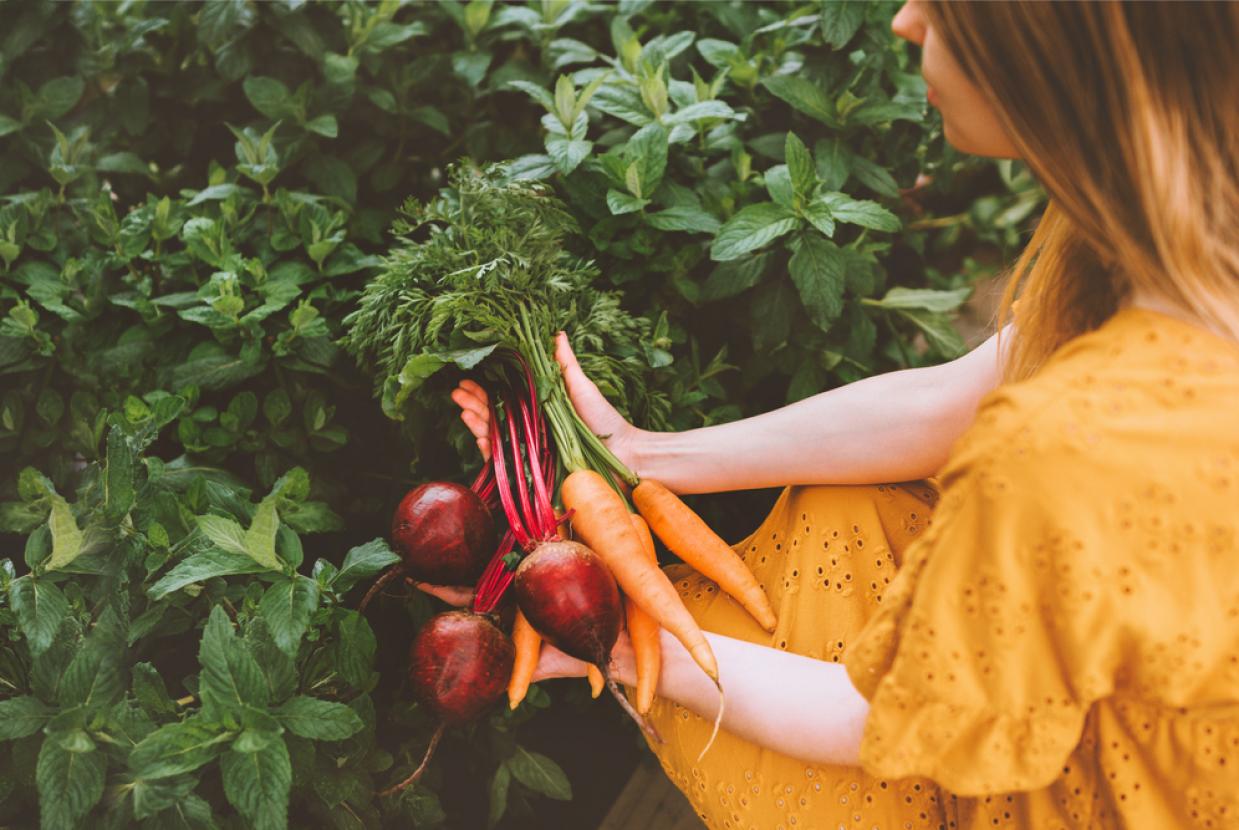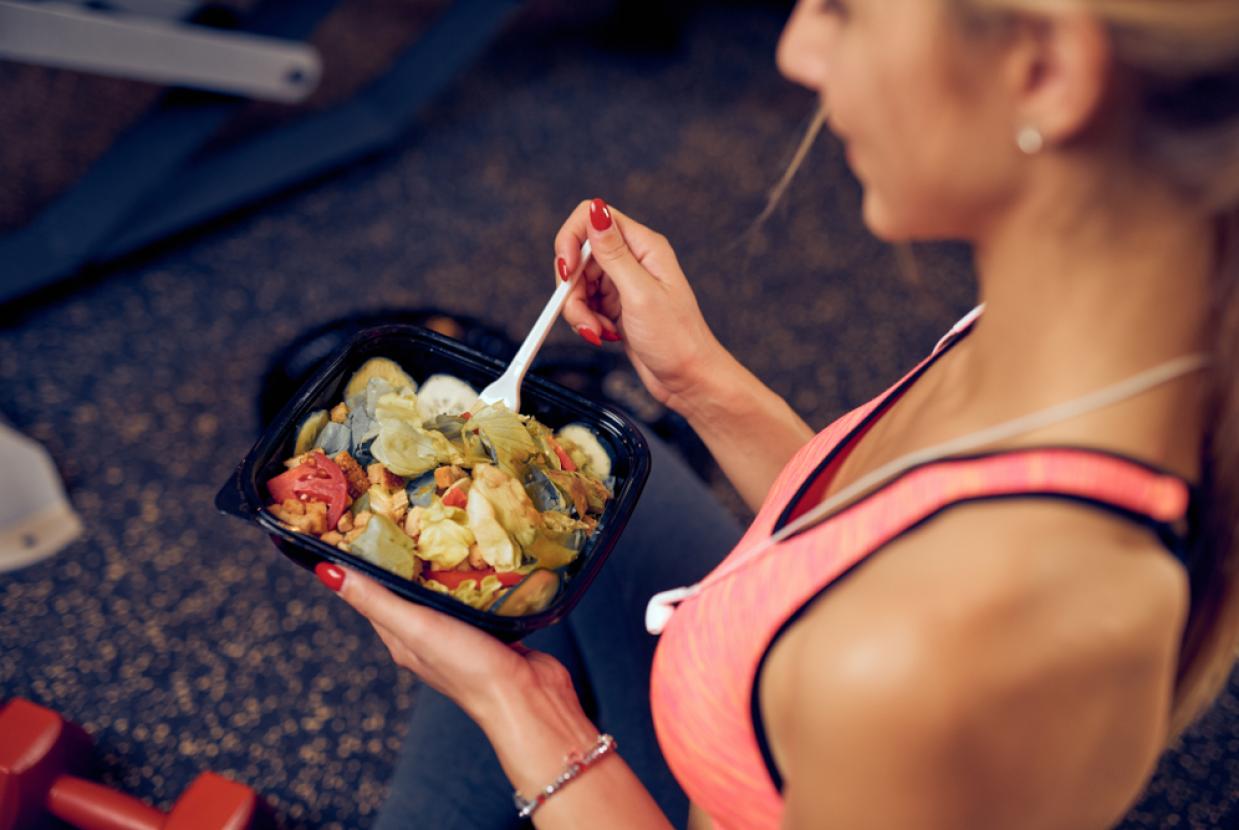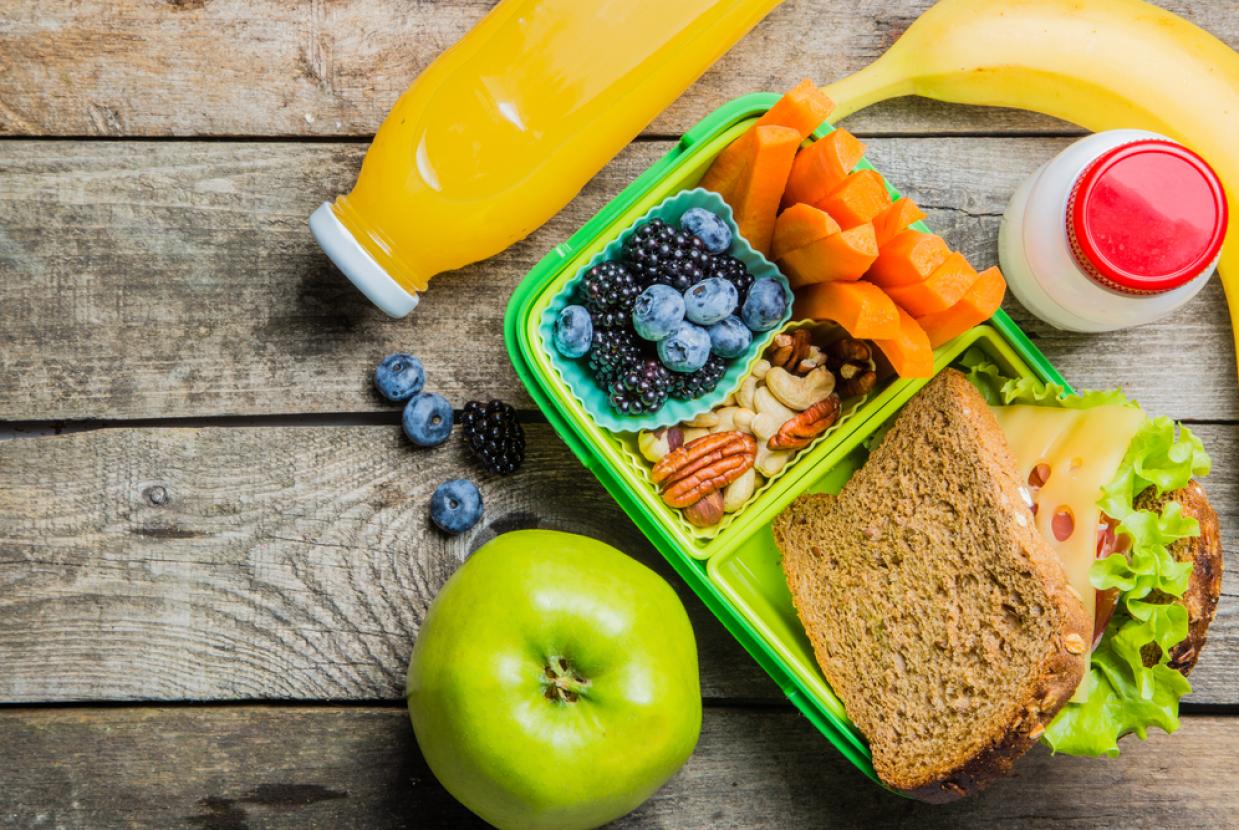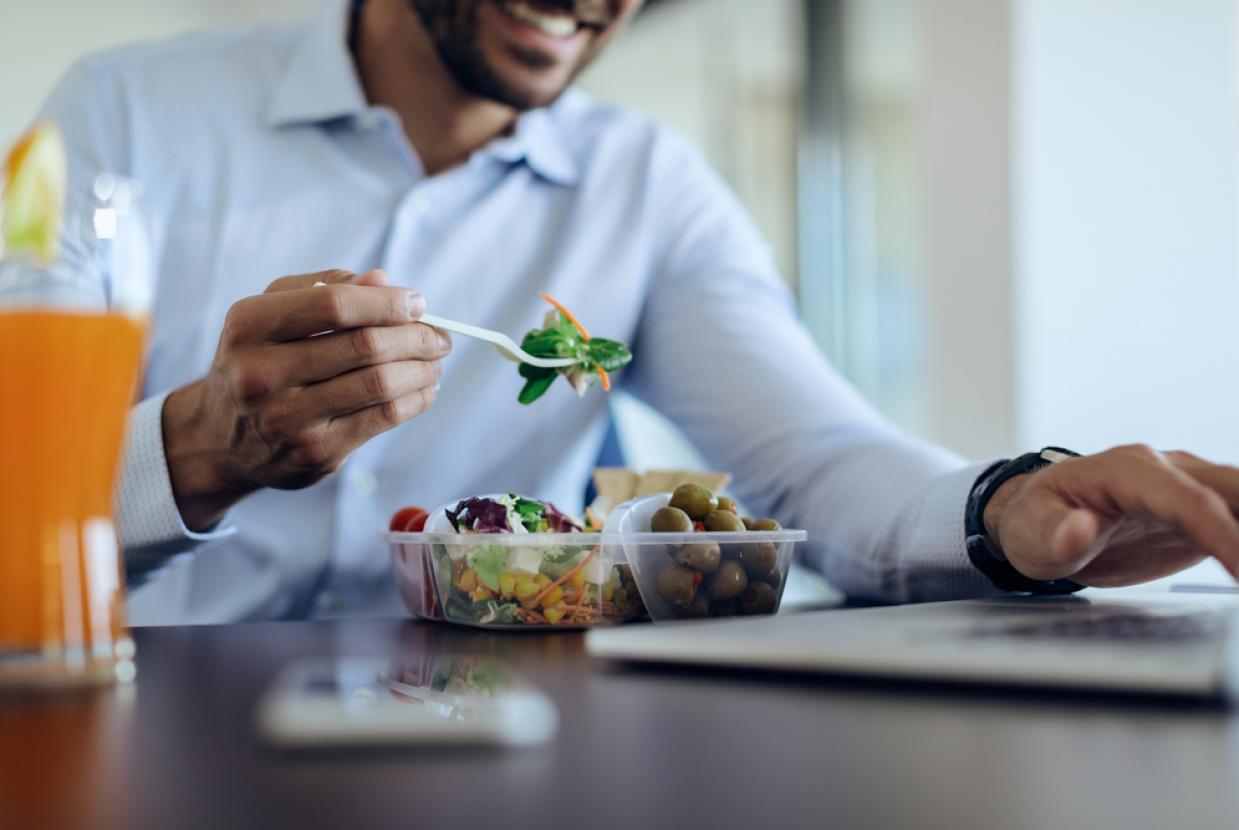Detox Diets
Detox is a popular word in the world of health, beauty and wellness. The idea is that from time to time we need to clear the “toxic waste” from our body in order to stay healthy. In particular, we might be tempted to detox after over-indulging, for example at Christmas.
Some of the claims made in relation to detox diets include rapid weight loss, improved digestion, improved hair, nails and skin, improved energy levels, boosted immune system, and banished cellulite. Detox diets tend to last anything from one day to around a month and may involve:
- fasting for short periods of time
- consuming only fruits and vegetables
- cutting out wheat and dairy foods
- consuming a limited range of foods
- avoiding caffeine and alcohol
- detox solutions – a range of pills, lotions, potions.
Exploding the myths
The whole idea of detox is nonsense. Unless you have a serious medical condition, your body is a well-developed system that has its own built-in ability to detoxify and remove waste and toxins. Your body constantly filters out, breaks down and excretes toxins and waste products like alcohol, medications, products of digestion, dead cells, chemicals from pollution and bacteria.
It has numerous organs such as the skin, gut, liver and kidney, that continually ‘detoxify’ your body from head to toe by responding to signals, to remove any waste products.There are no pills or specific drinks, patches or lotions that can do a magic job. If you have over-indulged on alcohol, for example, the liver works hard to break down the alcohol into products it can remove. Products like ‘detox’ teas work by acting as a laxative.
Being well-hydrated is a sensible strategy, but drinking too much water can be as dangerous as not drinking enough. It sounds predictable, but for the vast majority of people, a balanced diet and regular physical activity really are the only ways to properly maintain and maximise your health.
People often say they feel better when detoxing and connect that feeling to what they are/are not eating. However, not smoking, drinking less alcohol, getting enough sleep, fresh air and exercise will also help you feel healthier and more energised. This is more likely to be the cause of feeling better than any ‘detox’ pills, lotions, teas or other drinks.
The virtues of fruit and veg
Detox diets often promote the benefits of fruits and vegetables. Of course, fruits and vegetables are an important part of a balanced diet and we should all eat at least five portions each day. They provide vitamins, minerals, antioxidants and dietary fibre, but no single fruit or vegetable can provide a ‘cure’ or ‘miracle’ - it’s the variety that counts. Fruit juice and smoothies should be limited to 150ml per day to avoid drinking too much free sugar.
Allergy to wheat and dairy?
Promoters of detox diets often claim that to ‘detoxify’ the body you need to exclude foods such as wheat and dairy products. The reality is that these foods provide us with important nutrients. It is unnecessary and potentially harmful to simply cut them from the diet especially if you are not replacing them with other foods to replace the lost nutrients. If you think you have an allergy or intolerance to milk, wheat, or any other food then see your doctor for a proper diagnosis. They can refer you to a dietitian for safe, evidence-based advice.
The facts about fasting
Fasting, or severely restricting what you eat, limits intake of energy (calories) and often important nutrients needed for health and wellbeing.
Rapid weight loss can occur, but this weight loss is largely water and glycogen (the body’s carbohydrate stores), rather than fat. You may feel tired and dizzy and it’s likely you’ll have less energy while you are following an extreme detox programme.
Furthermore, if you are fasting, your body won’t have the necessary fuel available to carry out physical activity and exercise – an important aspect of general wellbeing and healthy weight management. At the end of the programme, if you return to your old eating habits, you are likely to put back on any weight you lost.
A balanced diet
It does make sense to avoid excessive intakes of caffeine, alcohol and high-fat, high-sugar foods and eat some fresh foods, which a lot of the ‘detox diets’ suggest.
However, if you want to maintain optimal health then the best approach is a balanced diet, with at least five portions of vegetables and fruit each day; small portions of wholegrain carbohydrates; lean meat, fish beans and pulses, nuts; lower-fat dairy products and alternatives; unsaturated fats. Keep to sensible alcohol and caffeine limits. Stay hydrated too with water and sugar-free drinks.
If you are looking to lose weight then consider reducing portion sizes, and don’t forget to be active every day.
Summary
Detox diets are a marketing myth rather than nutritional reality. They sound like a great concept and it would be fabulous if they really delivered all that they promised!
Unfortunately, many of the claims made by detox diet promoters are exaggerated, not based on robust science and any benefit is short lived. While they may encourage some positive habits like eating more fruit and vegetables, it’s best to enjoy a healthy, varied diet and active lifestyle rather than following a detox diet.



